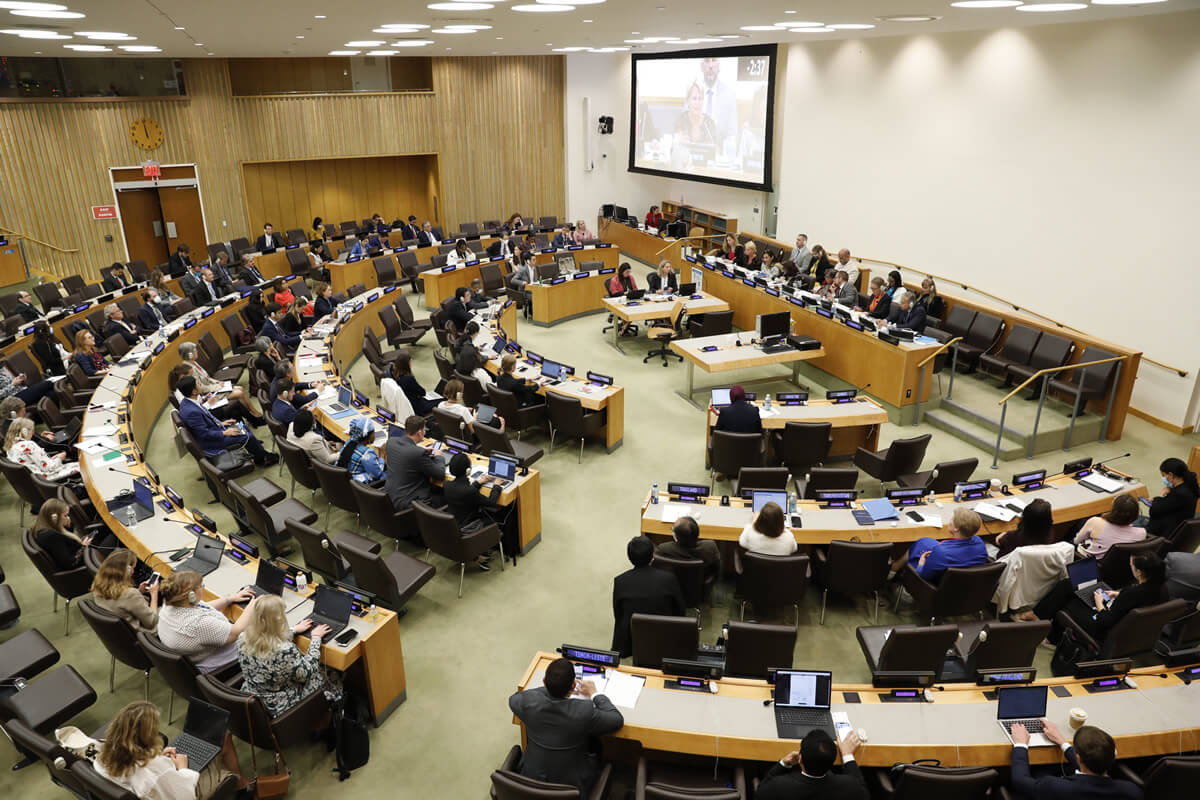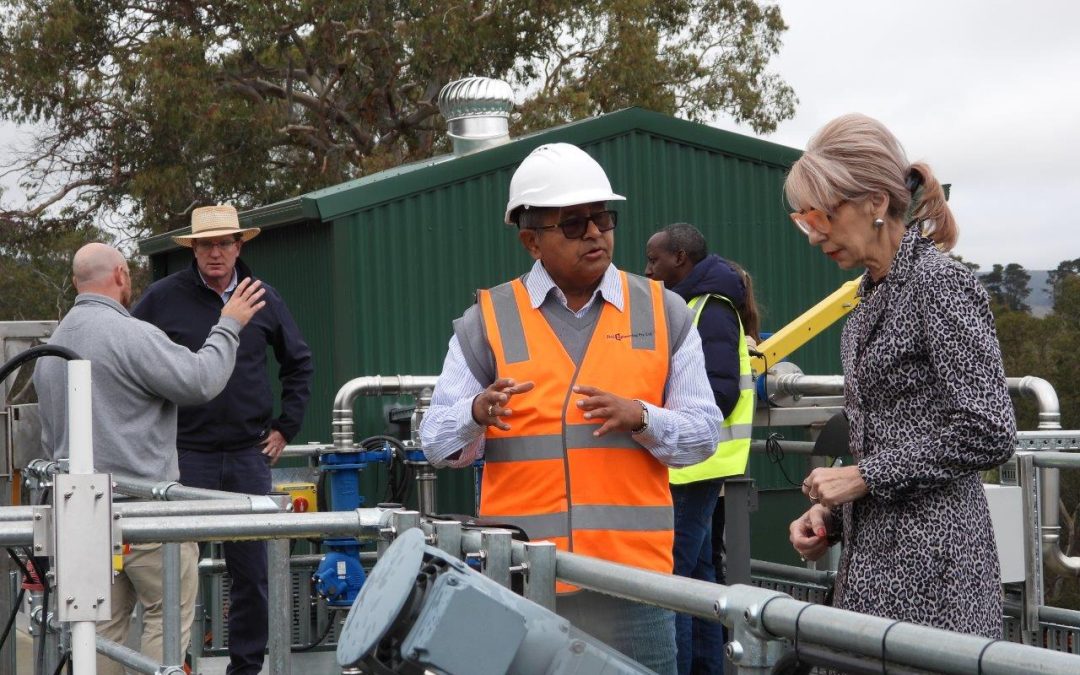Medicine shortage is a global issue impacting all countries but disproportionality affecting low- and middle-income countries. Since September 2021, the number of molecules reported to be in shortage in two or more countries has increased 101%. Such shortages of medicines are a recognized driving force of falsified or substandard medicines and have the risk of many seeking to source medicines through nonofficial means such as via the internet.
WHO advises buyers to access their medicines through authorized and regulated suppliers and to be diligent when purchasing from secondary sources. The dangers associated with sourcing medical products through unauthorized or informal supply channels can be deemed risky behaviour with serious consequences.
Shortages adversely impact access to medical products and create a vacuum which is often filled by falsified versions. In the past year, global shortages of products indicated to manage diabetes type II and sometimes also approved for weight loss, known as glucagon-like peptide 1 receptor agonist (GLP-1-RA) products, have been associated with an increase in reports of falsified GLP-1-RA. These falsified versions are most often sold and distributed through unregulated outlets, including social media platforms. The protracted shortage of genuine GLP-1-RA products, and the increased circulation of falsified versions, is likely to have disproportionate consequences on diabetes type II patients. Healthcare professionals should comply with good prescribing and distribution practices.
Falsified medical products have been known to lack efficacy and/or cause toxic reactions. They are neither approved nor controlled by competent authorities and may have been produced in unhygienic conditions by unqualified personnel, contain unknow impurities and can be contaminated with bacteria. Any concerns about a product should be discussed with a healthcare provider.
To ensure equitable access to safe & quality medicines, WHO works with national regulatory authorities and supply chain focal points in countries to support information sharing and collective action. Through such networks, local issues can lead to a mitigating global response and reduce the risk to people.
All relevant supply chain actors should proactively monitor the essential medicines. Shortages should be notified to the competent authorities with accurate and detailed information.







